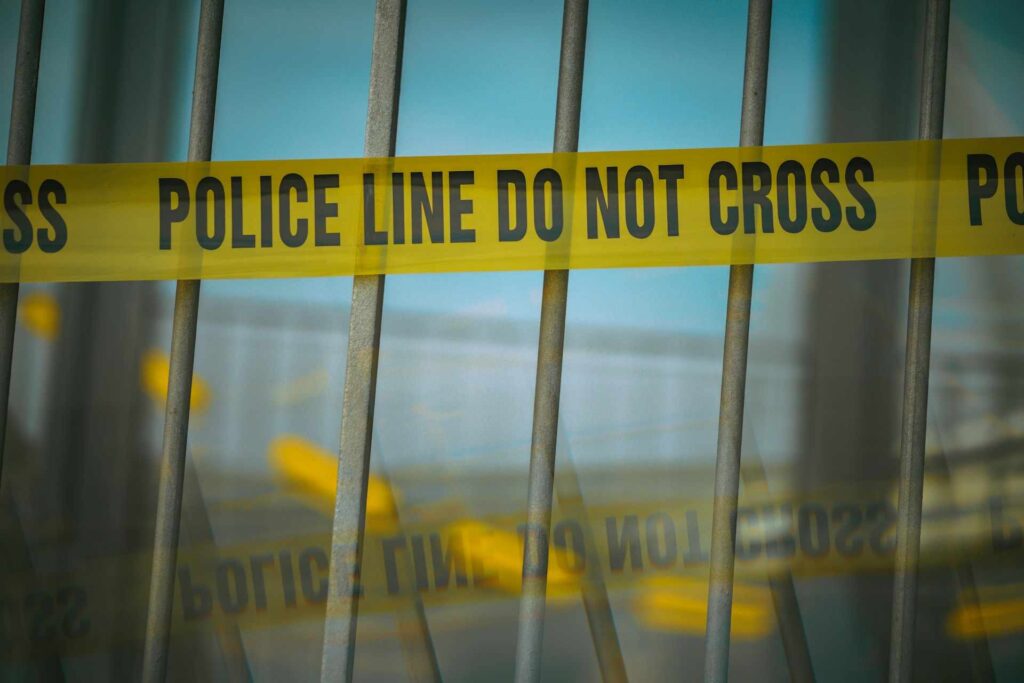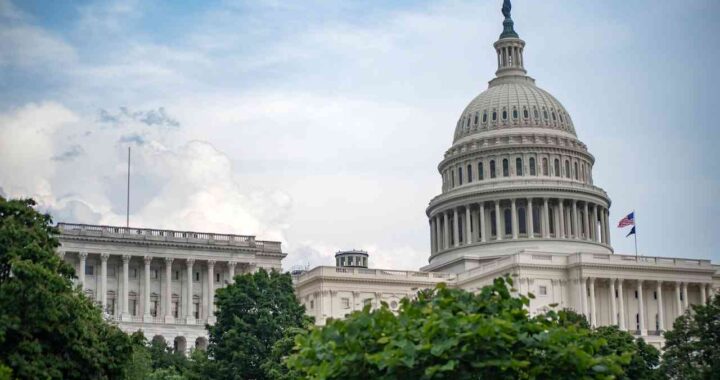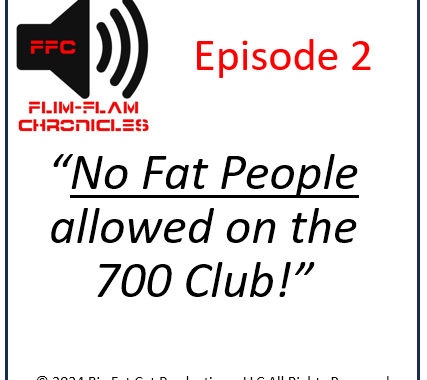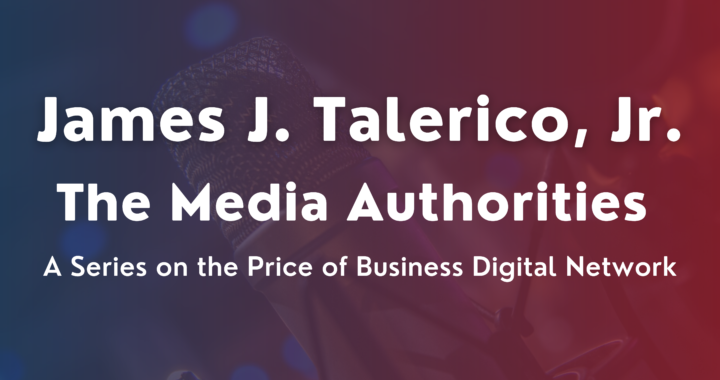If You Hate Politicians, Don’t Shoot Them

Over the weekend, Minnesota was rocked by a stunning act of political violence. A man impersonating a police officer shot and killed former State House Speaker Melissa Hortman and her husband in their home. Around the same time, State Senator John Hoffman and his wife were shot and critically wounded at their residence. Authorities soon arrested 57-year-old Vance Boelter, who had a manifesto, a hit list, and a clear ideological motive.
This horrific act is more than a tragedy. It’s a case study in how political violence doesn’t weaken the system—it fortifies it. It turns politicians into martyrs, not monsters. If you truly despise the political class, there is nothing worse you can do than make them look like victims of public rage rather than architects of public dysfunction.
Political violence doesn’t just fail strategically—it makes things worse for everyone who wants meaningful change. When you shoot a politician, you don’t destroy their influence. You elevate it. You make them historic and even heroic. Their words become sacred, their opponents suspect, and their causes untouchable. Think of how JFK’s assassination transformed him from a polarizing figure 1963 to a near-saint in American memory. Even when officials survive, as with Gabby Giffords or Steve Scalise, the effect is to create sympathy for the political cast itself.
And worse, political violence invites censorship. After events like this, the first instinct in many corners is to clamp down on so-called “dangerous” speech. Heated criticism is labeled incitement. Protest is recast as potential extremism. The line between dissent and threat gets blurred—not by the people, but by politicians who now feel justified in guarding themselves more than ever.
What’s next in Minnesota? Certainly there will be calls for increased security. New laws. Less access for constituents. Fewer unscripted encounters. More barriers—literal and legal—between the public and its representatives.
This isn’t just about one disturbed man and his deadly decisions. It’s about a society in danger of losing its ability to criticize power without being accused of encouraging violence. And it’s about recognizing that the best way to challenge bad leadership is not with bullets, but with better ideas—and clear messages.
If you hate politicians, don’t shoot them. Debate them. Replace them. Strip them of their illusions. Mock their pretensions. Hold them accountable. Use every tool democracy still gives you—speech, protest, organizing, the ballot box. Violence doesn’t empower the people—it justifies curtailing their liberties.
This moment should be a wake-up call, not just about political extremism, but about how we respond to it. Because every time someone picks up a gun instead of a pen or a protest sign, the system tightens its grip—and the rest of us become more vulnerable to losing freedom.



 Pat Robertson Hits the Fundraising Panic Button
Pat Robertson Hits the Fundraising Panic Button  ’Protecting Pat Robertson”: “Pat Goes Into Panic Mode” (Part 3)
’Protecting Pat Robertson”: “Pat Goes Into Panic Mode” (Part 3)  Republican Senators Are Beginning To Second Guessing President Trump
Republican Senators Are Beginning To Second Guessing President Trump  No FAT People on the 700 Club
No FAT People on the 700 Club  A Real Shift in Nutrition Policy — And Why It Gives Me Hope
A Real Shift in Nutrition Policy — And Why It Gives Me Hope  Move That Body
Move That Body  Real-Life Succession Planning Failures … and How To Avoid Them
Real-Life Succession Planning Failures … and How To Avoid Them  The Fuel Fix: Rethinking Type 2 Diabetes With Dr. John Poothullil
The Fuel Fix: Rethinking Type 2 Diabetes With Dr. John Poothullil